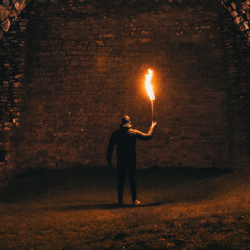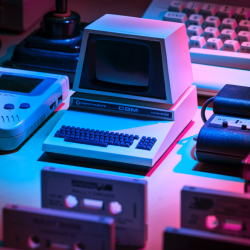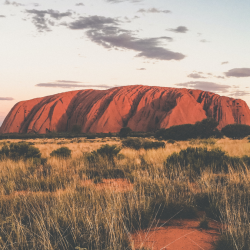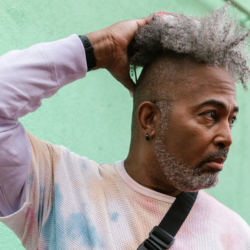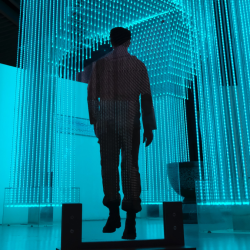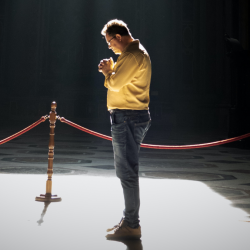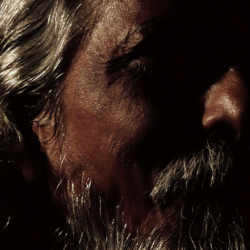“Any fool can know. The point is to understand.”
-Albert Einstein
Wisdom can be one of the few benefits of growing a bit older. From the earliest days of humanity, the belief in the wisdom of elders, of the importance of listening to the sage in your community, has been one of the bedrocks of many cultures. It was understood that knowledge gained over a lifetime of toil, relationships and living history was invaluable and should be passed on. When they died, that knowledge would die too.
Wisdom isn’t just knowledge
It is the combination of knowledge with judgement that makes for true wisdom. Wisdom = knowledge x judgement. And knowledge isn’t just facts — it’s also processes; knowing what impacts are likely from what actions; and far more.
Fast forward to today and factual knowledge can be accessed faster and more easily than ever before. You don’t need to learn in an analogue way, you can discover it online. But you do still need to judge that what you’re reading, seeing or hearing is fact not opinion. And you need to be able to identify counter knowledge — such as “the world is flat” or “Russia is fighting Nazism” — which is widely communicated and accessible.
Procedural knowledge can also be found more quickly than for previous generations, but it’s purely theoretical until you put it into practice. For example, I can find out how to grow a field of wheat, but I still don’t have the knowledge gathered over time for how to do it brilliantly, in different weather and ground conditions.
Judgement is different. It’s clear that some people have innately better judgement than others from an early age — on who to trust, what safe and unsafe etc. This can be down to both nature and nurture. It’s also clear that judgement should improve over time, as we learn from our success and failures.
But then it can become impaired as we grow older, due to entrenched or biased opinions, and/or a reduction in cognitive abilities. Moreover, judgement requires a good degree of self-awareness (including knowing you do not know everything) and the ability to see other people’s points of view in order to be able to assess your own.
So why, in an age of unprecedented access to knowledge, are we missing a wonderful opportunity to be the wisest generation ever?
There are many factors at play, but two stand out.
First, our education system: how young people are expected to learn, is still rooted in the obsession with acquiring knowledge. This approach was created over 200 years ago when knowledge, held in a few heads and books, needed to be passed on from those sources. Despite some fine tuning and the application of technologies more recently, we still have a subject based learning system, when we need a skills focused one. Instead of an approach devoted solely to gaining knowledge, we need a system rooted in the ability to make judgements. If that could happen, then we could have the smartest generation ever, as people would acquire more wisdom at an earlier age, and more experience of applying that wisdom as they age.
Second, knowledge and confirmation bias: we have an ability to access almost infinite levels of knowledge, but the knowledge we access is often within our own confirmation bias bubbles. If we believe something might be true, we seek out others who think the same. Then even more who believe they know some kind of truth — until we get to the point where we have what we believe are facts or knowledge. And we become less willing to develop the judgement we need to be wise. Less interested in discourse and argument, and before you know it we’re de-platforming those who disagree with our known knowledge, or even storming the Capitol.
It can all happen so quickly.
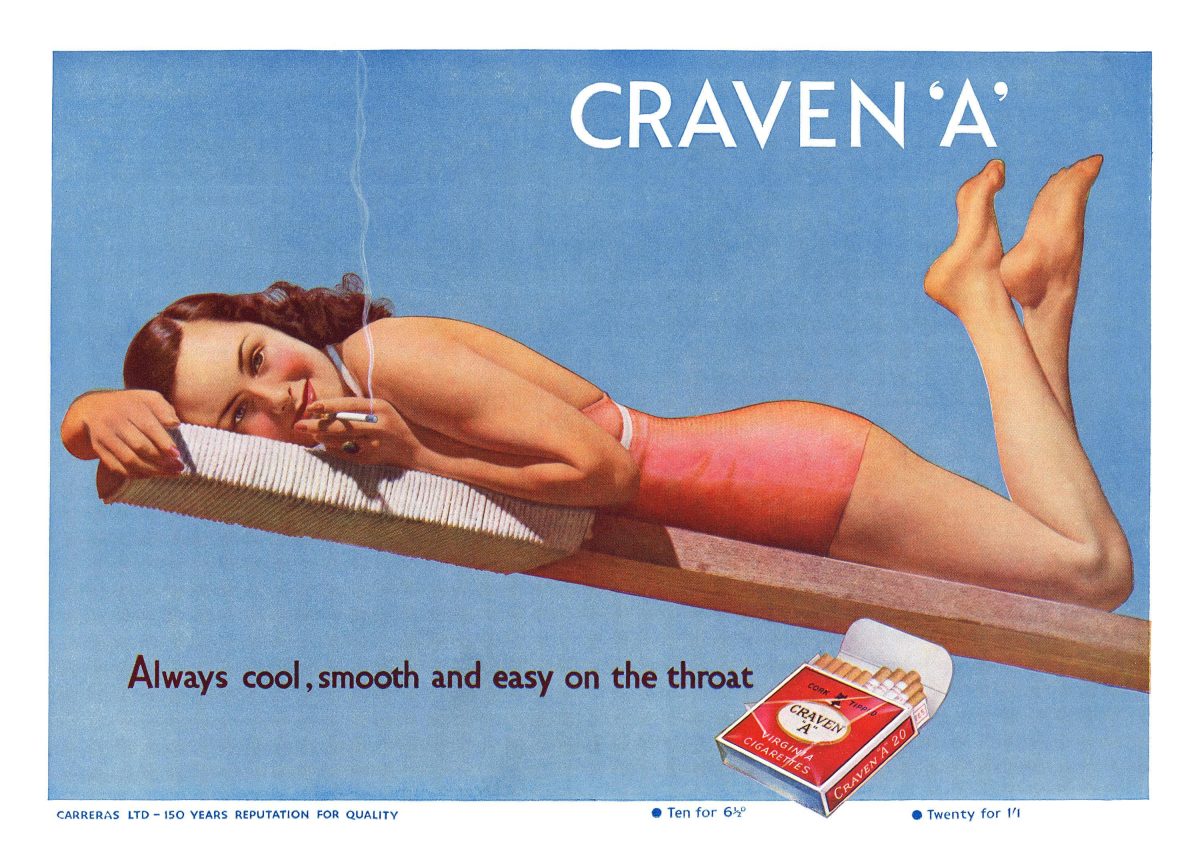
But if we were to challenge our own thinking more — and earlier — we’d be developing the most informed, connected and wise generation ever. Our wisdom will be judged by future generations — just as we can look back and judge those who knew the world to be flat, or who advertised Craven A cigarettes as ‘easy on the throat’.
Both ideas were marketed based on what was considered knowledge at that time. We cannot know how our decisions today will be judged tomorrow, but today’s marketers would be advised to be wise – to combine real knowledge with strong judgement — while ultimately heeding the words of Socrates: “The only true wisdom is in knowing you know nothing.”
Featured image: Craven A cigarettes (1939)























